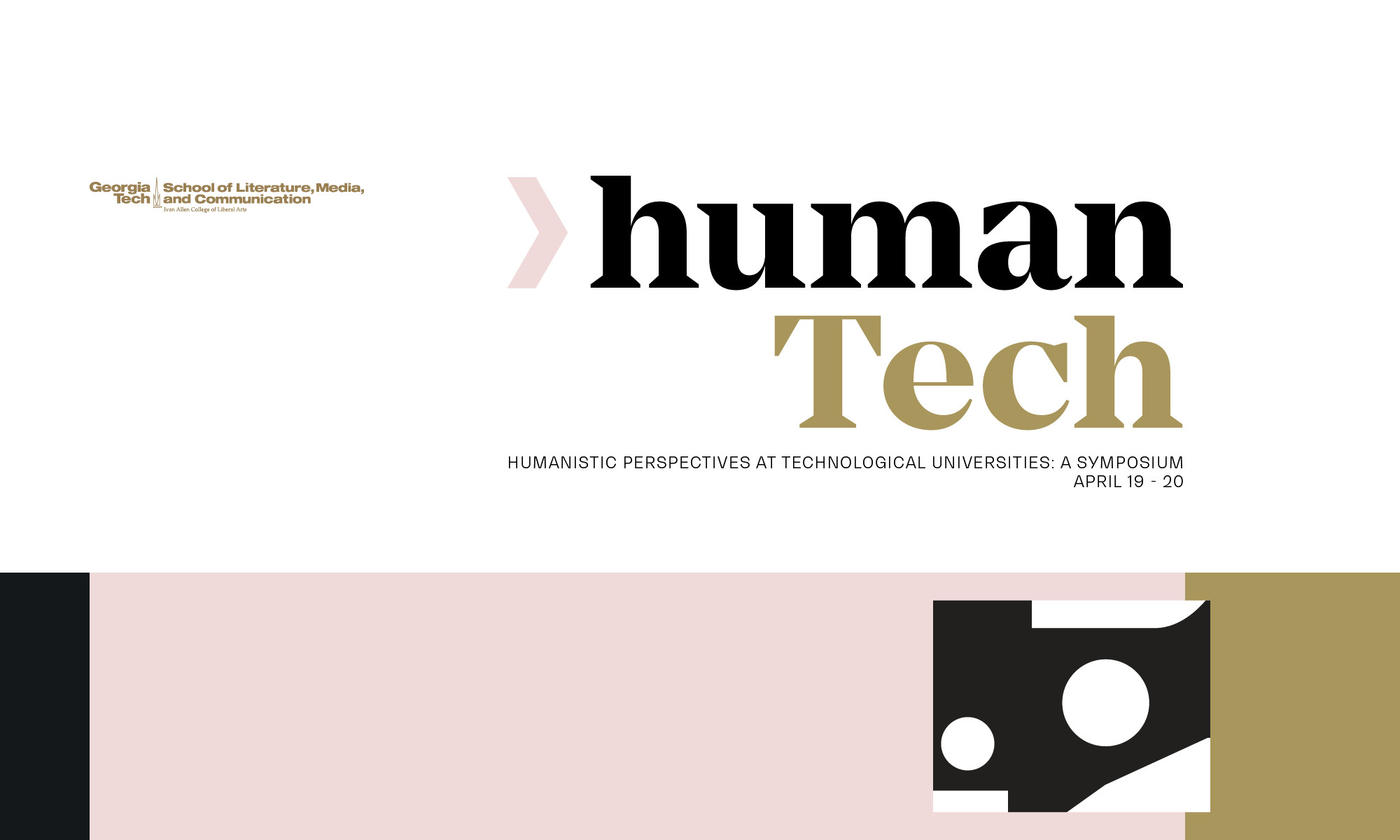Guidance and Restoration: Some Timely Opportunities for Humanities Scholar-Educators and Students at Technological Institutions
For some 250 years after The Enlightenment, the arc of the societal universe generally bent towards an embracing of science as Carl Sagan’s Candle in the Dark, and did so, by and large, at an ever-increasing rate. In the present millennium, however, two societal challenges to this trend – neither of them broadly anticipated – have emerged, which humanists’ scholarship, instruction, and very presence as partners at technological institutions makes them well positioned and well armed to combat. What are these challenges? First, fueled by advances in science, new technologies are transforming core aspects of life and society in ways that are often unsettling and disruptive, frequently inducing change on timescales briefer than the duration of a typical a career. Second, there have arisen – with a new boldness and scope (and, ironically, powered by new technologies) – forces bent on fraying the bonds between science and society and, more generally, on undermining the value that society attaches to evidence and reason. What remedies can humanists engender when they are present as thoroughly woven-in threads of the intellectual fabric of the technological institution? First, imbued with a deep and wide-ranging understanding of history and philosophy, the technologically informed humanist scholar can guide the identification and analysis of important new concerns – ethical, moral and political – that technological advances catalyze and which can be overlooked by those deeply embedded in the process of making those advances. Second, the technological institution provides a rich, focused educational setting in which students of the humanities can also readily steep in the ideas and practices of science and technology. As future influencers of opinion in realms beyond science and technology, these students’ informed understanding can empower them to help restore and enhance society’s appreciation of the value of science, technology, evidence and reason over the full arc of their lives and careers.
